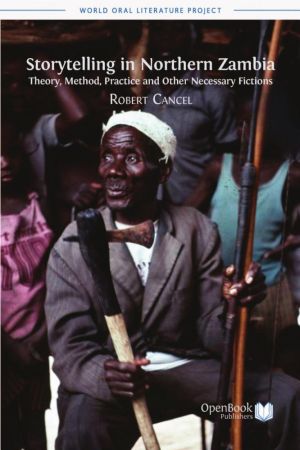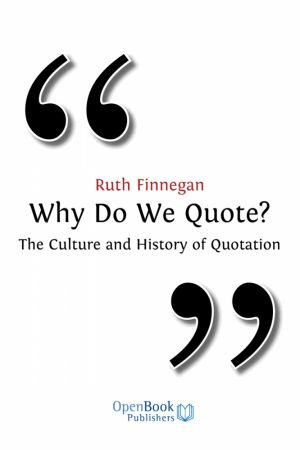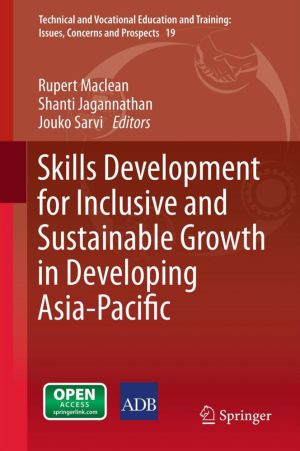History
Free Download Open Books
by Duncan Bowie
Books about Oxford have generally focused on the University rather than the city. This original book on the local politics of Oxford City from 1830 to 1980 is based on a comprehensive analysis of primary sources and tells the story of the city's progressive politics. The book traces this history from Chartism and electoral reform in the mid-ni...
by Anthony Carew
During the Cold War, American labour organizations were at the centre of the battle for the hearts and minds of working people. At a time when trade unions were a substantial force in both American and European politics, the fiercely anti-communist American Federation of Labor - Congress of Industrial Organizations (AFL - CIO), set a strong example...
by Jürgen H Gross
This 3rd edition of the highly successful book, acclaimed for its comprehensiveness, accuracy, and excellent illustrations and photographs now comes with updated coverage plus numerous didactical improvements:The number of figures has notably increased, with about one third of them now presented in color. More photographs and schematics make it eas...
by Robert Cancel
Storytelling plays an important part in the vibrant cultural life of Zambia and in many other communities across Africa. This innovative book provides a collection and analysis of oral narrative traditions as practiced by five Bemba-speaking ethnic groups in Zambia. The integration of newly digitalised audio and video recordings into the text enabl...
by Ruth Finnegan
Quoting is all around us. But do we really know what it means? How do people actually quote today, and how did our present systems come about? This book brings together a down-to-earth account of contemporary quoting with an examination of the comparative and historical background that lies behind it and the characteristic way that quoting links pa...
by Rupert Maclean, Shanti Jagannathan, Jouko Sarvi
Focusing on the Asia-Pacific region, which in recent years has been the engine of global economic growth , this volume surveys trends and prospects in technical and vocational education and training (TVET) with particular reference to achieving inclusive growth and the greening of economies. Underlying the increasing pressure for new models of TV...
by Aya Homei, Michael Worboys
The narrative of 20th-century medicine is the conquering of acute infectious diseases and the rise in chronic, degenerative diseases. The history of fungal infections does not fit this picture. This book charts the path of fungal infections from the mid 19th century to the dawn of the 21st century....
by Bretislav Friedrich, Dieter Hoffmann, Jürgen Renn, Florian Schmaltz, Martin Wolf
Carried by a long-awaited wind, the chlorine cloud passed within a few minutes through the British and French trenches, leaving behind at least 1,000 dead and 4,000 injured. This chemical attack, which amounted to the first use of a weapon of mass destruction, marks a turning point in world history. The preparation as well as the execution of the g...
by Victor Teo
This book assesses the profound impact of Japan's aspirations to become a great power on Japanese security, democracy and foreign relations. Rather than viewing the process of normalization and rejuvenation as two decades of remilitarization in face of rapidly changing strategic environment and domestic political circumstances, this volume co...
by Sally Frampton
This book looks at the dramatic history of ovariotomy, an operation to remove ovarian tumours first practiced in the early nineteenth century. Bold and daring, surgeons who performed it claimed to be initiating a new era of surgery by opening the abdomen. Ovariotomy soon occupied a complex position within medicine and society, as an operation which...










